Let’s Celebrate 30 Years of La Mision Children’s Fund BECA Scholarship Program BY Mary Beth DiCecco, Molly Post with Martina Dobesh …
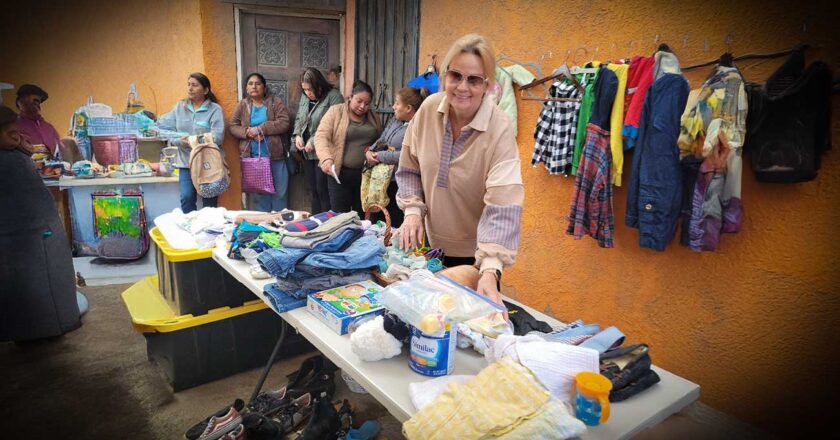

Let’s Celebrate 30 Years of La Mision Children’s Fund BECA Scholarship Program BY Mary Beth DiCecco, Molly Post with Martina Dobesh …
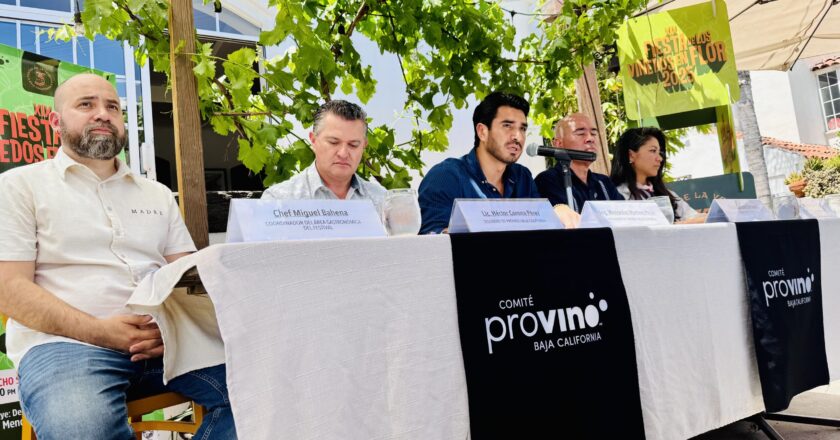
“Terruño, Identidad y Vocación” (Which basically means: This land was made for wine—and we’ve got the talent to prove it) …

Rosarito just got a little closer to hope. Something unusual is happening in Rosarito—and it’s not another Starbucks or beachfront …
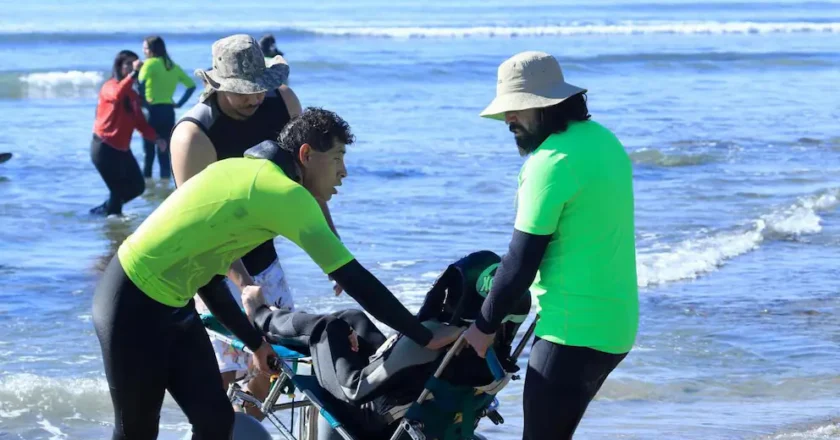
Rosarito’s most heartwarming tradition is making its way back to shore. After weeks of uncertainty, the beloved surf therapy sessions …

An event with a purpose, not just a swing. On May 22, Fundación Mi Chante will tee off at the …
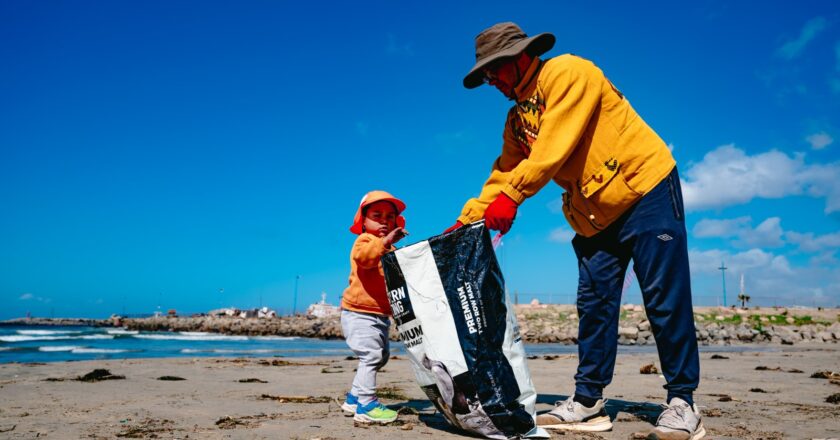
Ensenada, B.C. – In a fitting close to March’s Water, Sanitation, and Hygiene Month, the city wrapped up a massive …

President Claudia Sheinbaum recently visited Playas de Rosarito to launch the National Housing Program, aiming to build 50,000 homes in …

BY ARCHER INGRAM In Rosarito, BC, the Club de Niños y Niñas, a vital community resource that has served over …

Red Barn Rescue, based in San Diego, CA, and extending its help to Baja, Mexico, serves as a safe haven …
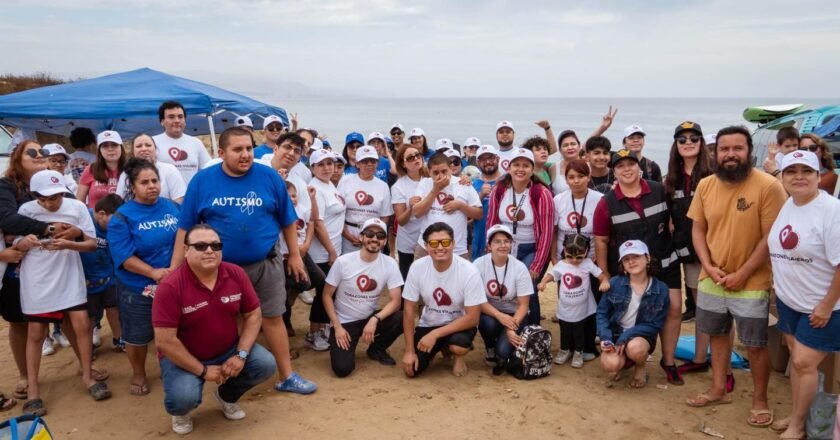
Wave lovers unite! Kids from the Fundación Autismo Esedin in Mexicali got to ride the waves, thanks to the free …